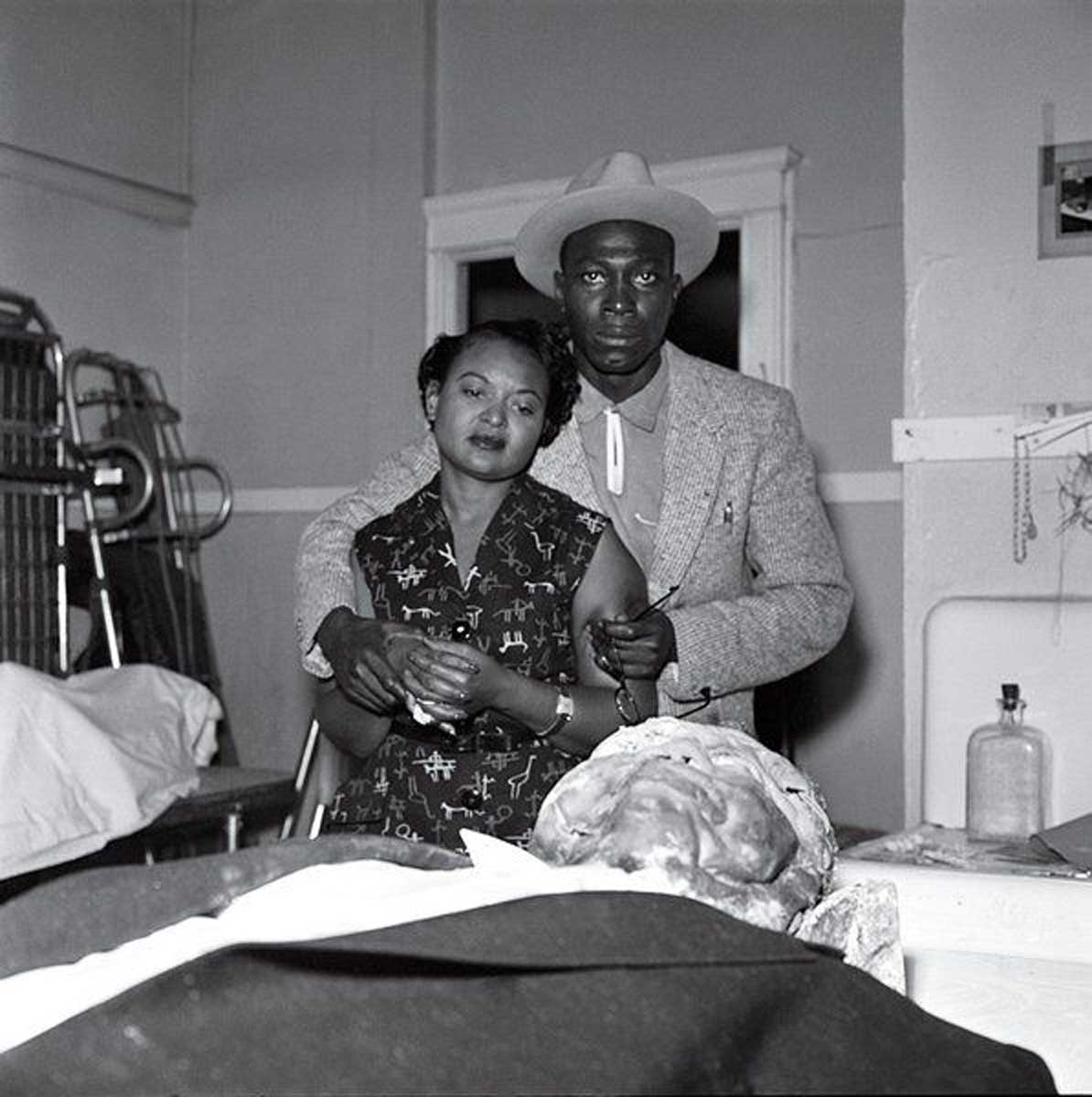Anderson, Baptist complete merger
Published 3:43 pm Tuesday, January 9, 2024

- Beverly Knox, executive director of the Community Health Improvement Network, talks about the positive impact Baptist Memorial Health Care's resources will have on Meridian and the surrounding community.
Employees and executives with Anderson Regional Health System and Baptist Memorial Health Care gathered at Anderson Regional Medical Center on Tuesday to announce the merger of the two healthcare companies is complete.
First announced in October 2022, the merger brings the resources of Baptist, the largest health system in the state, to Anderson and expands Baptists’ footprint to cover more than half the state’s population.
Trending
“The thing that it does for this heath system, for Anderson, is it emboldens us to continue to focus on our commitment to community health care,” Anderson Regional Health System President and CEO John Anderson said. “We are very, very excited about that.”
Both health systems are driven by faith-based missions and a commitment to providing quality care at the local level, Anderson said. Together, the two systems have more than 150 years of providing evidence-based medicine to Mississippians.
Anderson Regional Health System was founded by Dr. William Jefferson Anderson in 1928, Anderson said. Since then, he said, it has grown from three doctors and six nurses to include two hospitals, a cancer center and numerous clinics employing hundreds in east Mississippi and west Alabama.
“I’m proud of Anderson’s history, and I’m excited for the future and continuing my grandfather’s legacy with Baptist Memorial Healthcare,” he said.
Jason Little, president and CEO of Baptist Memorial Health Care, said Anderson is more than just a hospital; it’s a family, a legacy and a pillar of the community. That importance, he said, is not lost on Baptist.
“There’s a lot of pressure on Baptist at this point to not mess this up, because you all have done a wonderful job caring for the Meridian community for so long,” he said.
Trending
In fact, Little said, many of the things that Anderson prides itself on, such as its commitment to the community and drive to provide high quality healthcare, are what made the merger possible. The two companies, he said, are very much alike.
Like Anderson, Little said, Baptist was formed in the early 20th century, 1912, by a small group of people dedicated to their community. Since then, Baptist Memorial Health Care has expanded to include more than 22 hospitals across Tennessee, Arkansas and Mississippi, he said, but that commitment to others and faith-based mission of service is still alive and well.
“This was an opportunity for one plus one to make hopefully three or four or five for this community, to really be able to expand our mission and to do something special together,” he said.
Beverly Knox, executive director of the Community Health Improvement Network, of which Anderson is a part, said the merger will improve healthcare in Meridian, and she looks forward to educating the public about the additional health resources made available by the merger.
“We know that healthcare will improve on a local level, so we are so thankful to be a part,” she said.
For patients, Little said there will be little noticeable change. Instead, he said, many of the differences will be behind the scenes. With the merger complete, the resources of Baptist’s 22 hospital health system, including medical expertise, advanced robotics and more are now open to Anderson physicians.
Additionally, Little said, the health system will be rolling out a new electronic medical record software at Anderson to help health professionals stay up to date with their patients.
Anderson Regional Medical Center Chief of Staff Dr. Hatem Mourad said the software allows providers to see other procedures or treatments that may have been performed elsewhere and stay up-to-date on patients’ statuses.
“That’s something that we’ve all wished for for a very, very long time,” he said. “It helps in more ways than I can describe in this short conference, but believe me when I tell you that is a huge leap forward for us and our ability to deliver care.”
Mourad said the ability to access the advanced resources and medical specialists elsewhere in the Baptist health system is also a major improvement.
“We hope you don’t get sick. We hope you don’t come to the hospital, but if by God you do, we’re going to take very good care of you,” he said.





